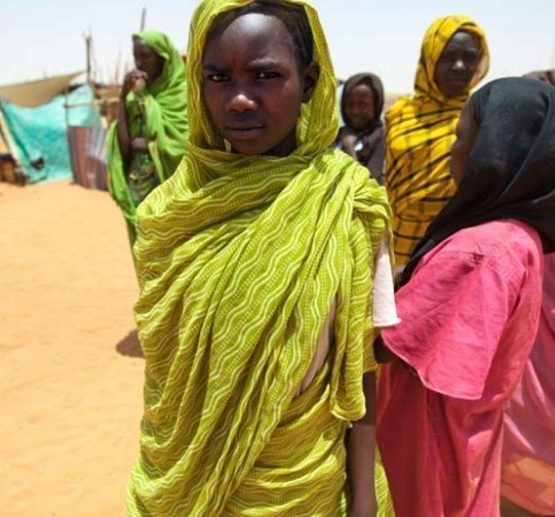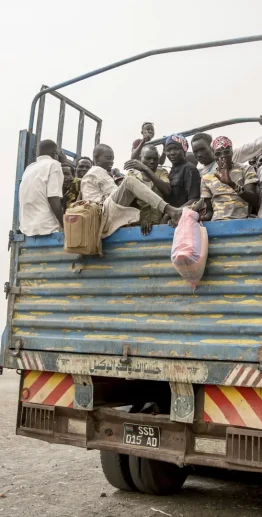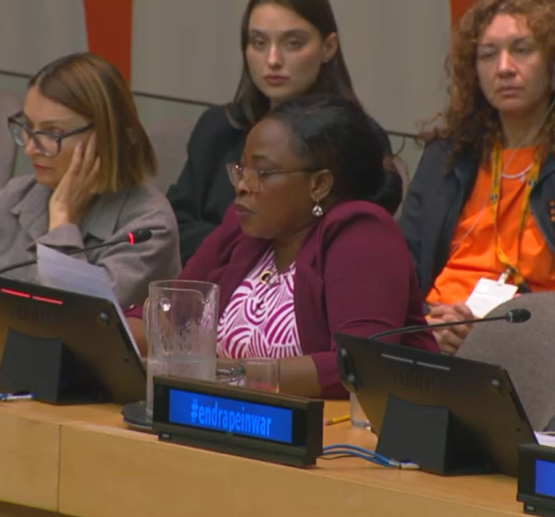Darfur: Plagued With Violence
Since 2003, Darfur has been in a longstanding crisis under former president Omar al-Bashir’s regime. Arming Arab militia groups, the Janjaweed, to attack and ultimately exterminate indigenous Darfuris, Bashir’s genocide continued for 17 years resulted in the deaths of more than 400,000 indigenous Africans, 3 million displaced Darfuris, and the systematic rape of countless women. And while the ICC eventually issued two arrest warrants for Bashir by July 2010, he has evaded justice for 11 years and has yet to face trial under the ICC.
As of today, violence by Janjaweeds continues unabated in Darfur, including multiple attacks on civilians in Darfur this past month that prompted outrage across Darfur.
The Cost of Impunity
Last year in April, after months of protests, former President Bashir was finally ousted from government. A transitional government was formed in August, designating power to both civilian and military sectors in a power-sharing deal—a deal that placed positions of power at the hands of military officers thoroughly involved in Bashir’s genocide.
On June 3, 2019, the Rapid Support Forces committed a massacre against protesters in Khartoum, and there has been no justice for the victims. This sends the wrong signal that if Bashir can get away with murder, those responsible of the June 3rd massacre can too.
Twenty-two years ago, on July 17th, the International Criminal Court (ICC) was established by a total of 120 member states, swearing to hold perpetrators of violent crimes accountable and help to ensure that the international justice system continues to live up to its promise. Its mission is to end impunity for the most heinous crimes and human rights abuses and to advance access to justice for the victims. The case of Darfur has been referred to the ICC in 2005 and remains unresolved.
The crimes of genocide, which the world has repeatedly pledged to never again let happen, is a reality in Darfur today while international leaders fail to uphold their legal and moral obligations.
A constitutional charter was also signed in early August 2019, laying the groundwork for institutional and legal reforms whilst upholding accountability for crimes committed by the Bashir regime since 1989. However, the charter does not contain an enforcement mechanism to meet the listed goals and insists on trying Bashir domestically for corruption and money laundering, instead of handing him over to the ICC. To this day, the war criminals—Bashir, Harun, and Hussein—still remain at large and must be promptly handed over to the Hague and face trial for their crimes.



